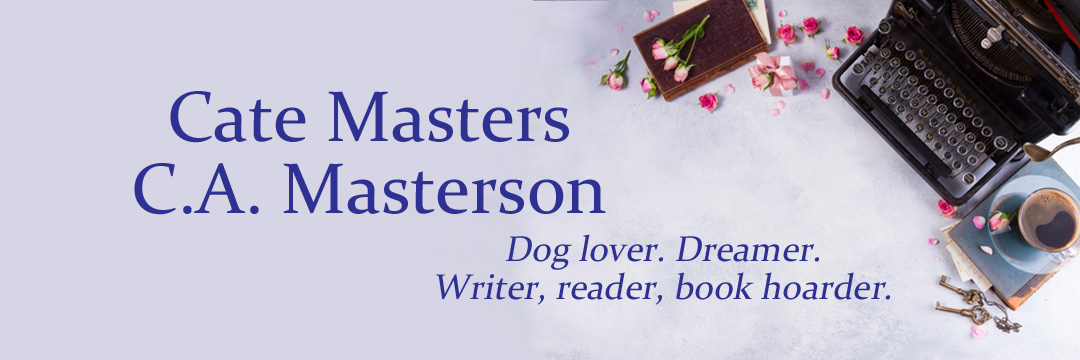Writing can be a discouraging business. Lately, it seems like readers
are more harsh in their reviews, picking out inconsequential details to slant a
review toward the negative. An author on Facebook recently said she received a
complaint from a reader who’d purchased one of her books on an illegal download
(I refuse to romanticize them with the term ‘pirate’) site, discovered there
was only one page in the ebook, and blamed the author.
By the way, this is only one of the many reasons not to use illegal
sites. Many times, the ebooks offered contain malware and viruses. Not to
mention that the author is obviously not getting compensated for their hard
work. And if you think writing isn’t hard work, try spending months and months –
if not years - crafting your own story. It’s a labor of love, but not easy.
The industry itself can be overwhelming, with reports of overall sales declining.
On social media, I’ve noticed more posts by discouraged writers who are on the
verge of giving up, or have already done so.
I’m one of those writers who can’t help myself. Ideas strike me, and my
mind spins with details, working out all the threads. If I’m not able to write
for an extended period, I’m miserable. I NEED to write. It’s simply part of my
life, and has been since I hit double digits.
In any case, bits of encouragement, scattered though they may be, are
like stepping stones that keep us afloat. So if you read a book and it left you
satisfied, or (better yet) wanting more, reach out to the author and say so. Believe
me, you’ll make their day.
I even appreciate a nicely worded rejection. Last week, an agent
responded to my query by saying that my novel wasn’t right for her, but that I
was a talented writer and should keep querying other agents. Rejections can be
difficult, but that’s the best kind to receive.
How else can you ensure the writers you love keep writing? Tell your
friends about their books. Write an honest review on Amazon, Goodreads, Barnes
and Noble, or other book seller sites where other readers will view it.
The author will be more grateful than you know.
